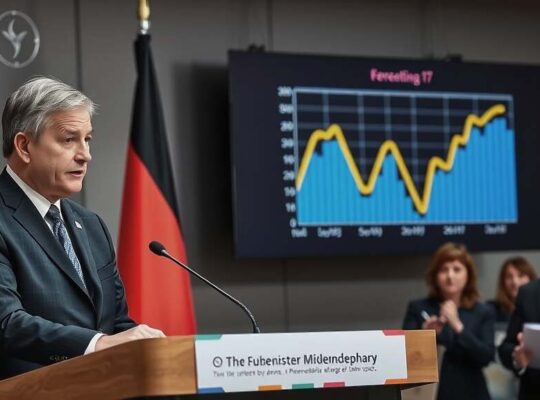A significant portion of Germany’s workforce routinely works beyond the hours stipulated in their employment contracts, according to data released Thursday by the Federal Statistical Office (Destatis). Approximately 4.4 million employees worked more hours than agreed upon in 2024, representing 11 percent of the total workforce of 39.1 million.
Men are slightly more likely to work overtime than women, with 13 percent of male employees reporting extra hours compared to 10 percent of female employees.
The prevalence of overtime work varies considerably across different sectors. The industries with the highest incidence of extra hours were financial and insurance services and energy supply, where 17 percent and 16 percent of employees, respectively, reported working beyond their contractual obligations. The lowest incidence was found in the hospitality sector (6 percent) and in the provision of other economic services, such as security and cleaning services (8 percent).
While many employees manage overtime in limited quantities, the data reveals a nuanced picture of working hours. Nearly half (45 percent) of those working extra hours reported an average of less than five overtime hours per week and 73 percent reported less than ten. However, a notable 15 percent of affected employees worked at least 15 extra hours per week.
Overtime can be compensated through paid overtime, accrued on a time account for later compensation, or unpaid hours. Among those who worked more than their contract stipulated in 2024, approximately one in five (19 percent) performed unpaid overtime. Sixteen percent received compensation for their extra hours, while 71 percent utilized a time account to manage their overtime. A considerable number of employees reported a combination of these compensation methods.












